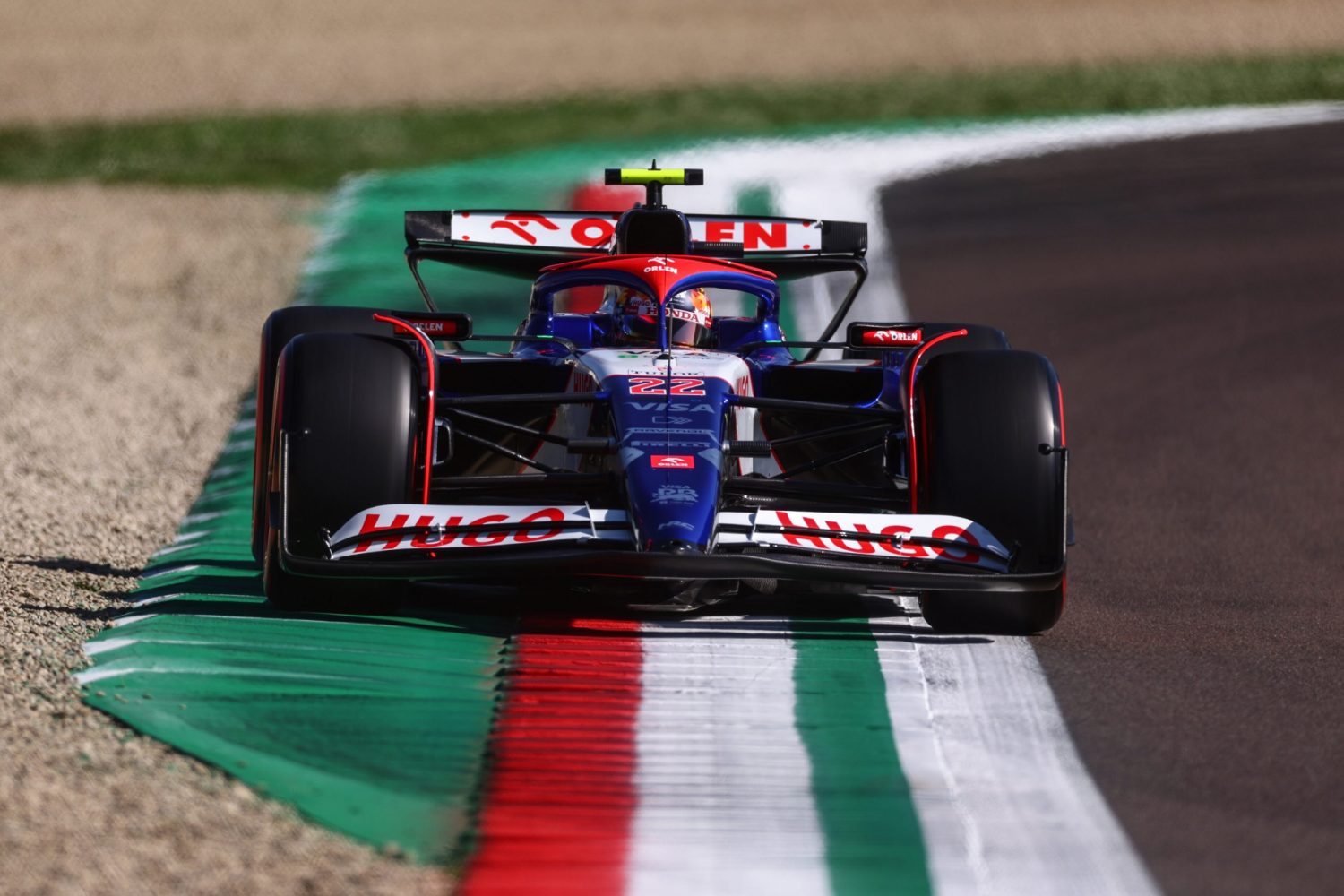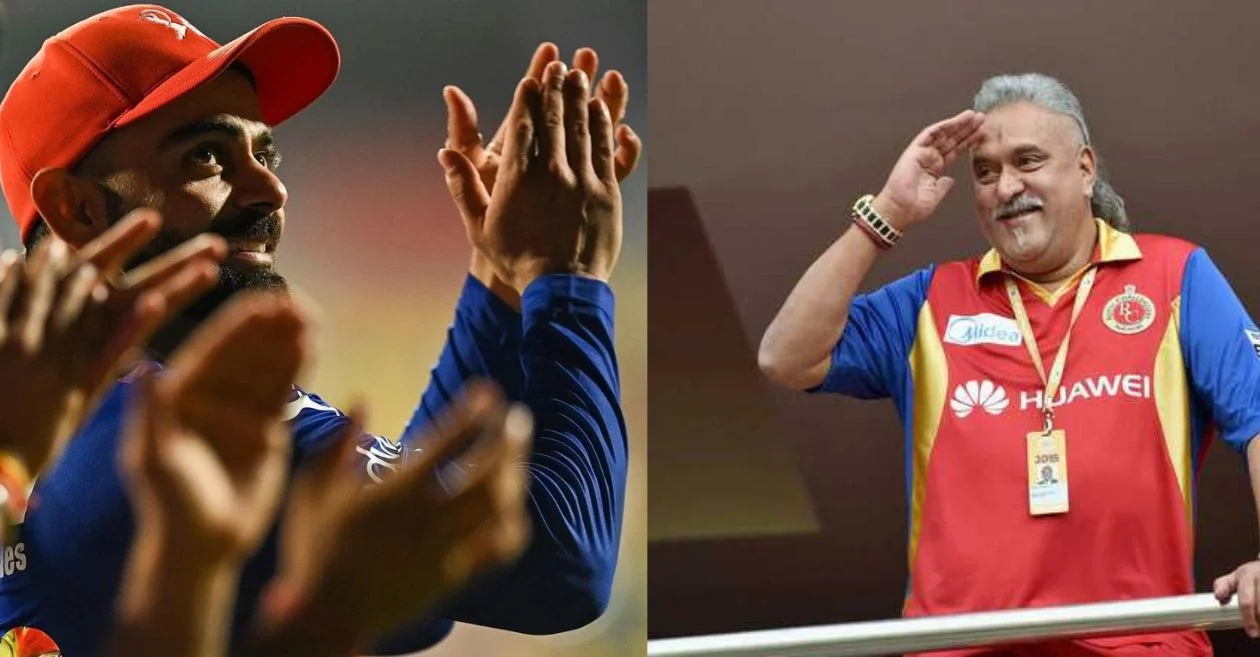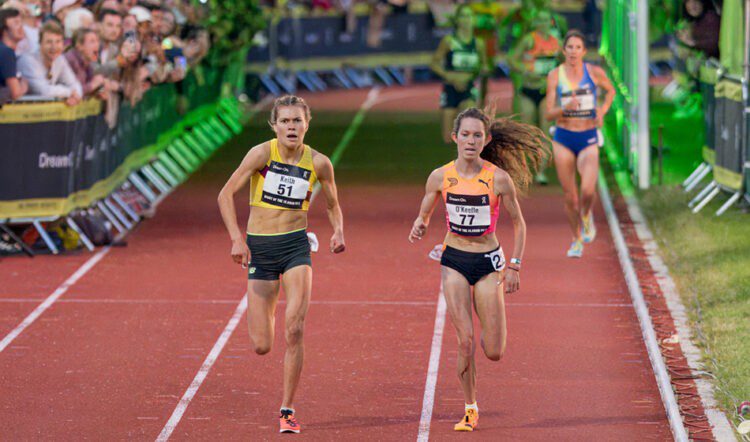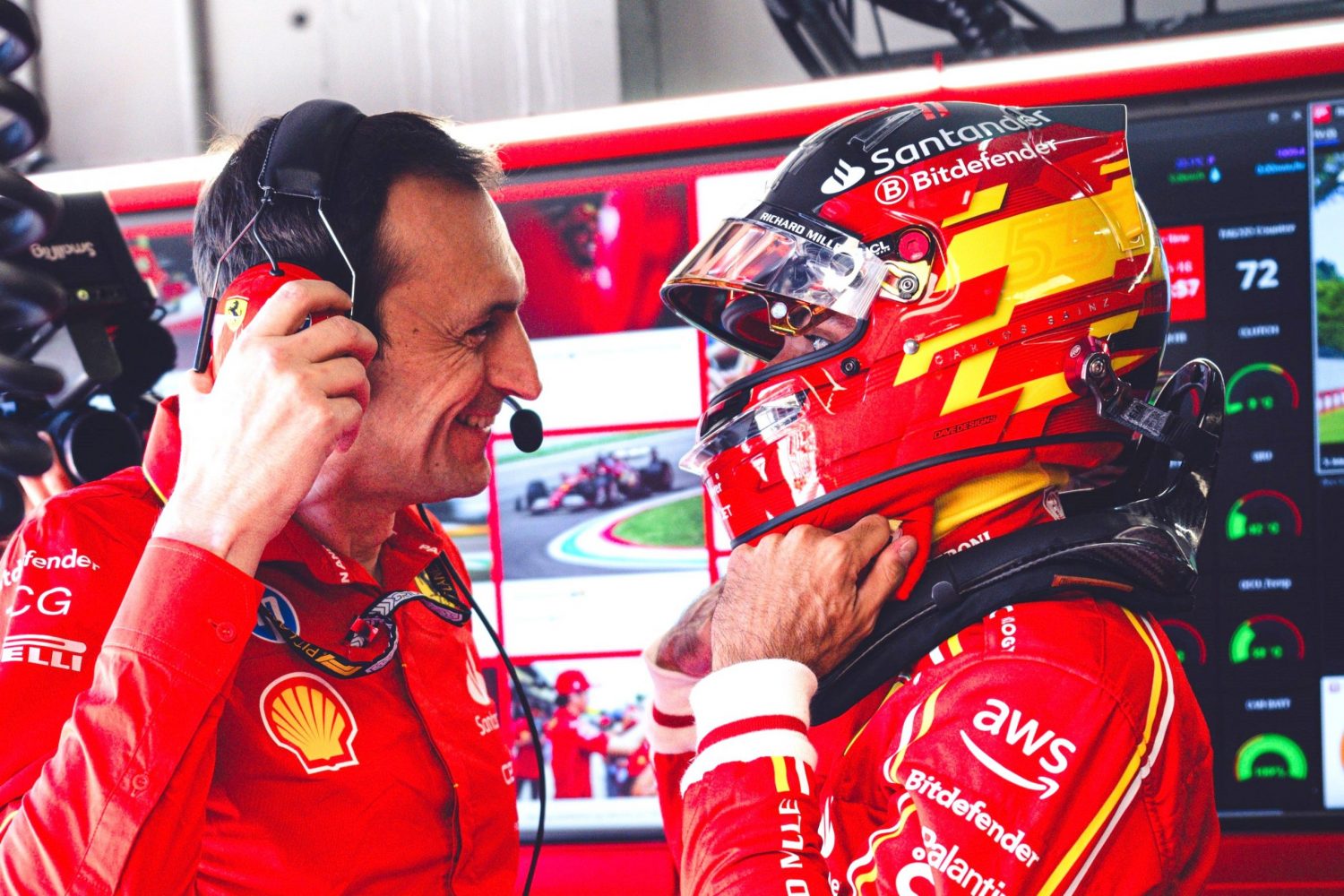By James Sutherland on SwimSwam

Russian Olympic Committee (ROC) head Stanislav Pozdnyakov is surprised that there’s talk of Russian athletes losing motivation amidst their ineligibility to compete in major international events.
Pozdnyakov noted that the current “conditions are difficult” for those representing Russia and Belarus, but said any athlete at a high level “can look for motivation in any particular fight”.
“To be honest, I’m always surprised when they say that athletes lose motivation,” Pozdynakov told reporters Wednesday, according to Russia’s state-run media agency TASS.
“How can you lose motivation if one of the main Olympic principles is the desire for improvement? To be the first always and everywhere, in all competitions. This is what the vast majority of our athletes strive for, and in this we will help them in every possible way.”
Pozdnyakov spoke alongside Belarusian Olympic Committee President Viktor Lukashenko in a joint press appearance, with Lukashenko noting that Belarus is doing its best to avoid stagnation.
“This has always been our top priority, and we have made great progress in this direction,” Lukashenko said. “We have created clusters – ranging from children’s to youth and adult competitions. CIS Games, which will be held in August, should clearly demonstrate that the sport has not stopped in place. We have a number of ideas, we are constantly looking for serious competitions, we do not have any kind of stagnation.”
KOLESNIKOV & KAMENEVA STILL FINDING DRIVE
While some athletes may be struggling to motivate themselves with no concrete return to international competition on the horizon, a pair of prominent Russian swimmers are not among them.
Kliment Kolesnikov, who is coming off a very impressive showing at the Russian Swimming Championships earlier this month, said performances from some of his competitors kept his fire burning.
“I am calm about this situation,” Kolesnikov said in an interview earlier this month, referencing Russia’s inability to race at the World and European Championships this year.
“It hurt when the world record for the 100 backstroke was broken at the World Championships (by Thomas Ceccon), and in August, 17-year-old Romanian David Popovici set the world record for the 100 free. The entire swimming world was in a frenzy. I saw that my peers are not standing still – this spurred me on. Now I have found the motivation to strive for world records. That’s why I put in my workouts.
“I know it’s hard for a lot of guys to find motivation,” he said. “Especially those who were preparing for their last Games. But I think that in the current situation, everyone should choose a goal and understand what they want. I managed to do it.”
Maria Kameneva, the co-European Record holder in the women’s 50 backstroke (SCM) and a five-time Short Course World Championship medalist, said her priorities have shifted given the current landscape.
The 23-year-old said that she no longer puts as much stock in winning an Olympic gold medal, and is choosing to focus on breaking a world record.
“Previously, I would definitely answer that the gold of the Olympics is a global goal, now it’s more like a world record, because our chances of participating in the Olympic Games are getting smaller and smaller,” she said.
“A world record can also be set at the Russian Championships in Kazan. Kliment Kolesnikov and Evgeniia Chikunova are vivid proof of this. Nothing prevents them from showing an outstanding level inside the country, writing their names into history, so I see the world record as a more tangible goal.”
CURRENT STATUS OF RUSSIAN ATHLETES
The International Olympic Committee (IOC) has started to explore a pathway for Russian and Belarusian athletes to compete as neutrals in international competition, though any decision on the 2024 Olympic Games in Paris has been pushed back.
Pozdnyakov remains frustrated with the lack of progress.
“A month ago, the IOC put forward rather complicated and, I would say, too strict conditions,” said Pozdnyakov. “I called this situation a farce. The IOC went forward, heard criticism from the U.N., the Human Rights Council. Discrimination on the basis of nationality has been supplemented by discrimination based on the type of activity, membership in sports organizations by sports.
“Today, those unfair and legally insignificant conditions that are not spelled out in any of the sections of the Olympic Charter are arbitrariness on the part of the IOC. And we will seek to change these conditions.”
He added that the ROC is in the process of formulating re-entry recommendations to national sports federations. For swimmers, World Aquatics is set to discuss a potential return for Russian and Belarusian athletes at its Bureau Meeting during the World Championships in July.
Pozdnyakov has also urged the IOC to take action against certain European governments for what he referred to as “gross interference” against allowing Russian and Belarusians to return to competition.
The Ukrainian government has said its athletes won’t compete alongside Russian and Belarusians, while Poland currently bans Russian entry into its country and there’s a suggestion that Germany could do the same.
“We regard this as a gross violation of the Olympic Charter and demand that the IOC react more harshly to such statements by the Governments of some Western countries,” Pozdnyakov said, according to TASS.
“There is an open gross interference in the autonomy of sports, which should be protected by the International Olympic Committee.
“And we hope for the sharpest reaction of the IOC on this question.”
SwimSwam: ROC Chief “Surprised” By Talk of Lack of Motivation Among Russian Athletes



















You must be logged in to post a comment Login